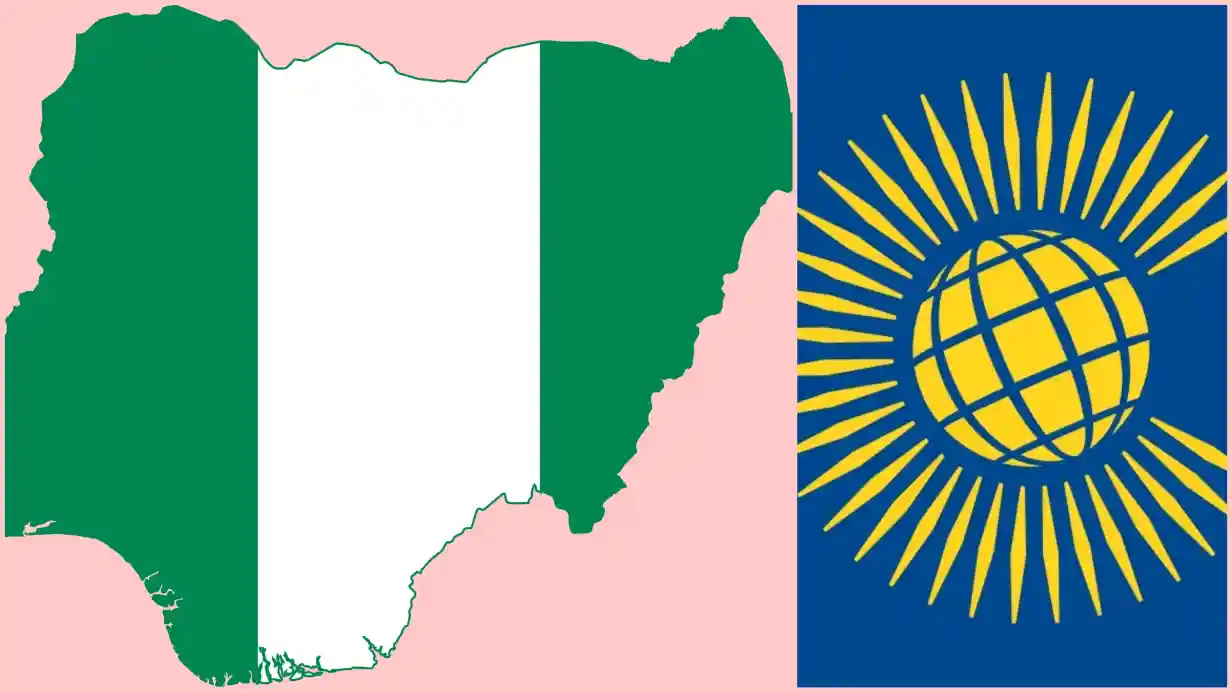Nigeria has joined 55 other Commonwealth nations in a renewed global effort to unlock a projected two trillion dollars intra-Commonwealth trade market by 2030. The initiative aims to strengthen economic resilience, promote sustainable growth, and lift millions of people out of poverty.
The agreement was a major outcome of the Commonwealth Finance Ministers’ Meeting held on the sidelines of the ongoing World Bank and International Monetary Fund Annual Meetings in Washington, D.C., United States.
A statement issued by the Director of Information and Public Relations at the Federal Ministry of Finance, Mohammed Manga, and posted on the ministry’s official X handle on Tuesday, confirmed that Nigeria’s delegation, led by the Minister of State for Finance, Doris Uzoka-Anite, reaffirmed the country’s commitment to the Commonwealth’s trade and development agenda.
Uzoka-Anite stated that Nigeria was fully committed to working with other member nations to expand trade opportunities, deepen investment flows, and accelerate progress toward poverty reduction and job creation.
“With collective action and determination, the Commonwealth nations are set to achieve a brighter economic future, driving growth, prosperity, and improved livelihoods for millions across the Commonwealth,” the statement quoted Uzoka-Anite as saying.
According to the Commonwealth Secretariat, trade among member nations is, on average, 21 percent cheaper than trade with non-members. This is due to shared languages, legal frameworks, and institutional similarities that help reduce transaction costs and make economic partnerships more efficient. The Secretariat added that intra-Commonwealth trade could grow to two trillion dollars by 2030 if the bloc continues to invest in trade facilitation, connectivity, and innovation.
The Commonwealth, an association of 56 countries mostly made up of former British colonies, represents a population of over 2.5 billion people and a combined Gross Domestic Product exceeding 13 trillion dollars.
In June, during the Commonwealth Trade Ministers’ Meeting in Windhoek, Namibia, Commonwealth Secretary-General Shirley Ayorkor Botchwey reaffirmed that the organisation’s primary goal remained the expansion of intra-Commonwealth trade to two trillion dollars by 2030. She emphasised that this would be achieved through enhanced cooperation in investment, digital trade, and sustainable finance.
Experts believe Nigeria’s involvement in the latest initiative could help attract more foreign investment and create new export opportunities for local industries. They also noted that this aligns with Nigeria’s broader economic diversification agenda and its participation in the African Continental Free Trade Area framework.
Addressing the session virtually, Botchwey described the current global economic period as “one of the most testing in modern economic history,” noting that rising debt levels, limited development finance, and increasing climate-related costs were major concerns for member nations.
“Growth is slowing. Debt vulnerabilities are rising. Development finance is tightening just when the climate crisis demands more of our resources. But if the storm is real, so too is the opportunity,” Botchwey said.
She called for the Commonwealth to harness what she referred to as the “Commonwealth Advantage”, which combines historical ties, institutional similarities, and strong trade linkages to enhance cooperation and economic resilience among member nations.
The Secretary-General also announced that 2026 would be designated the “Commonwealth Year of Resilient, Innovative, and Sustainable Debt,” marking 40 years of the bloc’s Debt Management Programme. This programme introduced innovative financial instruments such as blue bonds, catastrophe bonds, and the Commonwealth Meridian debt management system, which is currently in use in 41 countries.
Botchwey further revealed plans to establish a Resource Mobilisation Directorate aimed at attracting new funding from both traditional and non-traditional sources. The directorate will focus on financing digital education, skills development, and infrastructure projects across Commonwealth member states.
She urged governments within the Commonwealth to support the Commonwealth Fund for Technical Cooperation and to make early financial contributions to meet their commitments. According to her, increased institutional funding is vital for sustaining the bloc’s ongoing reform and resilience efforts.
“Our task is not merely to manage debt. It is to build a global financial architecture that is inclusive, responsive, and structured for shared prosperity,” Botchwey said.
She encouraged finance ministers to take advantage of the unity within the Commonwealth to drive economic transformation. “Let us turn our solidarity into prosperity,” she stated. “If we stand together, we can turn today’s headwinds into tomorrow’s pathways of growth and opportunity for every Commonwealth nation.”

